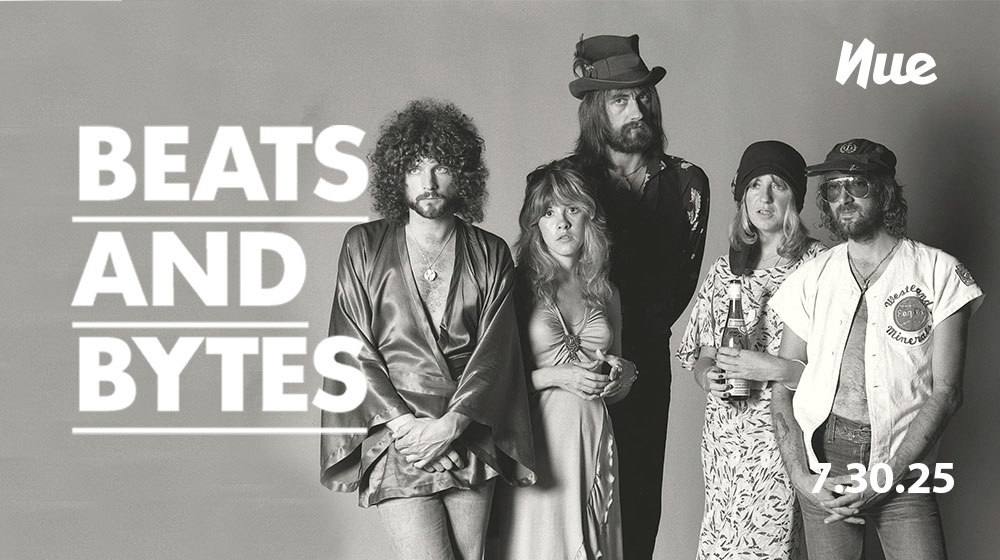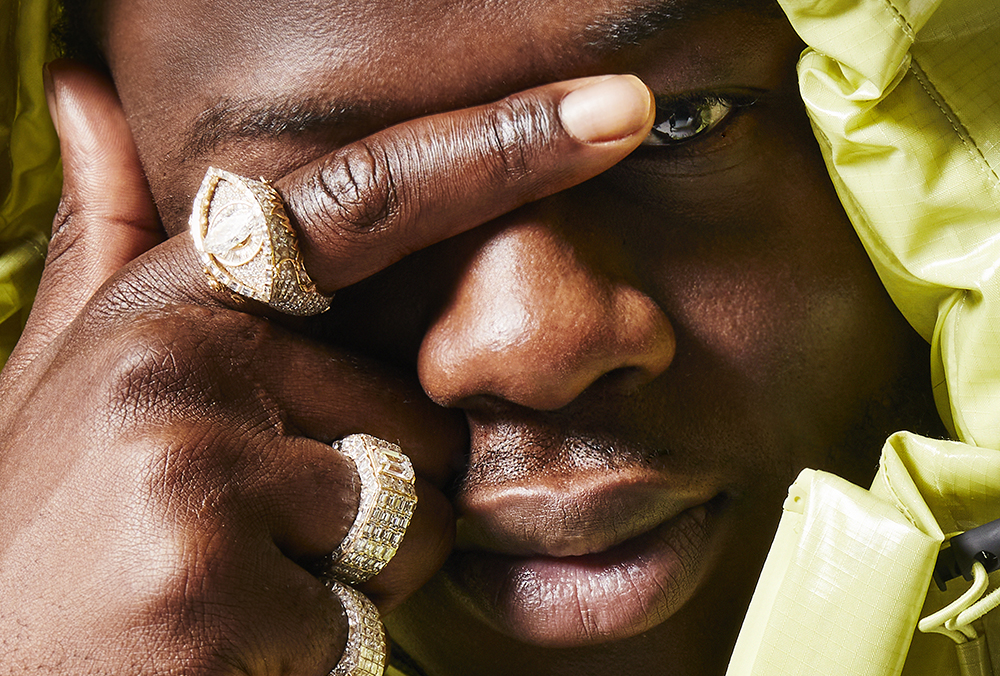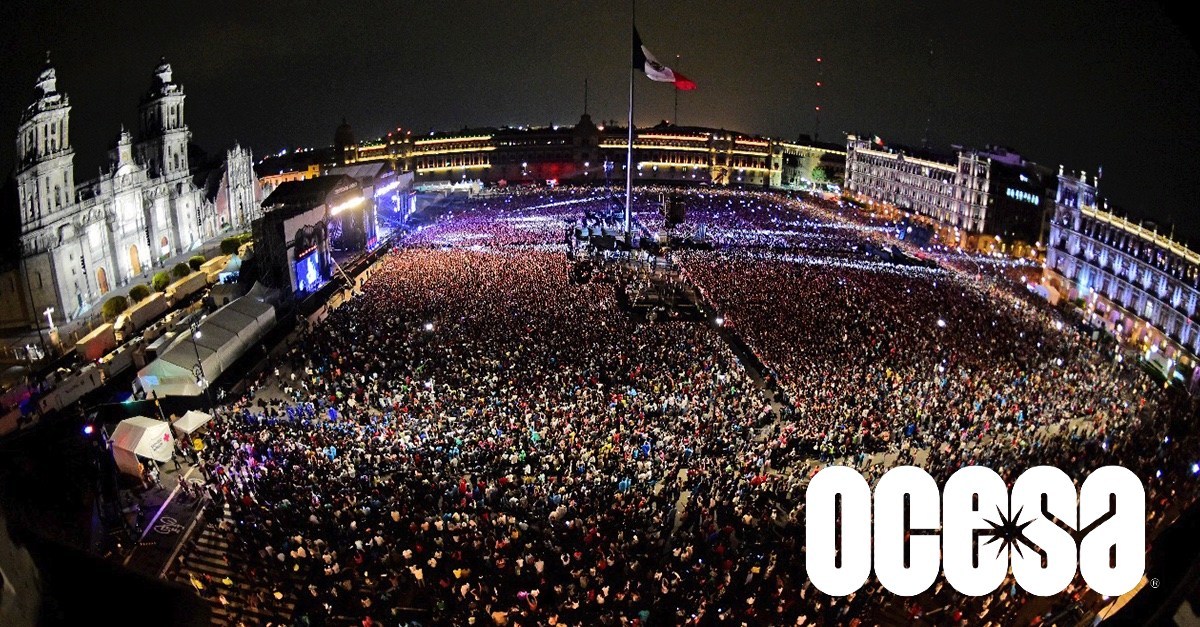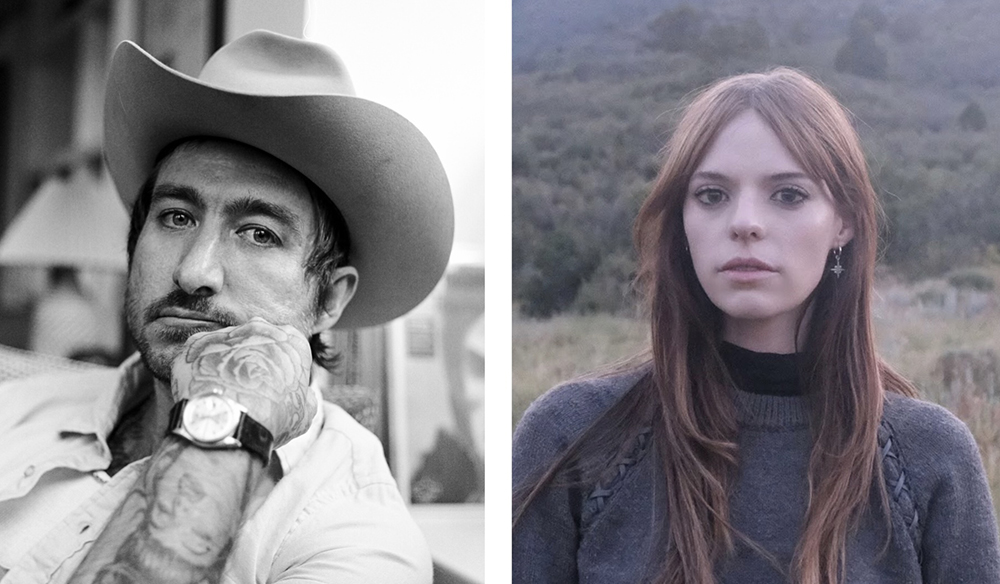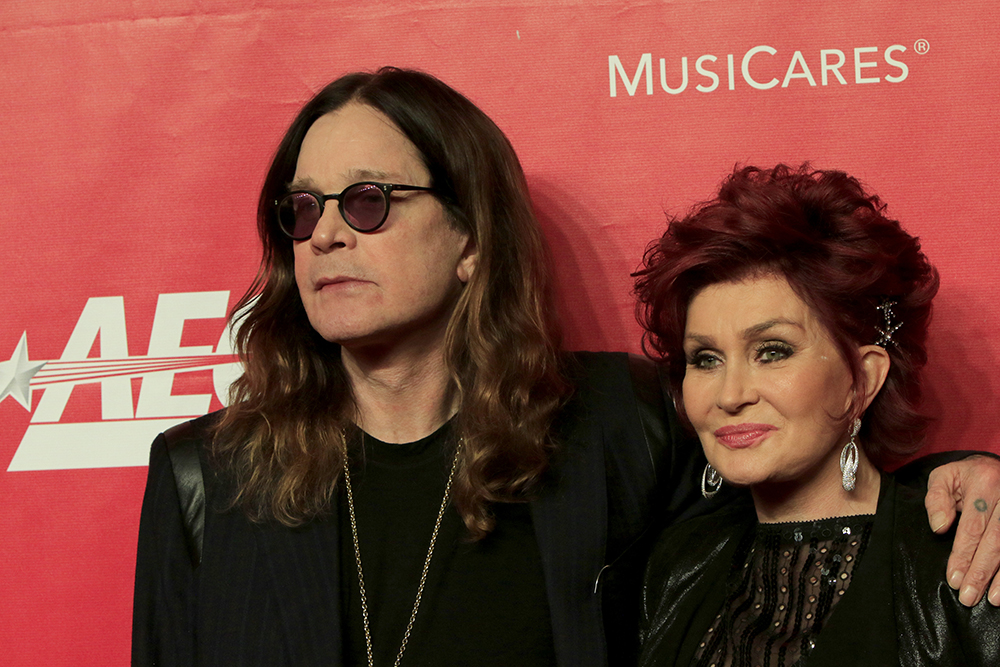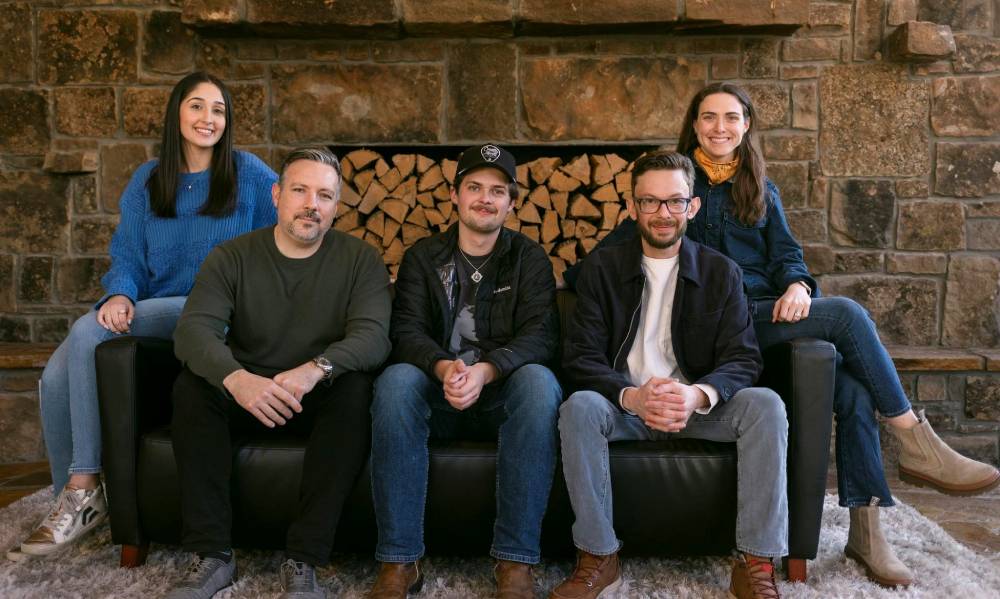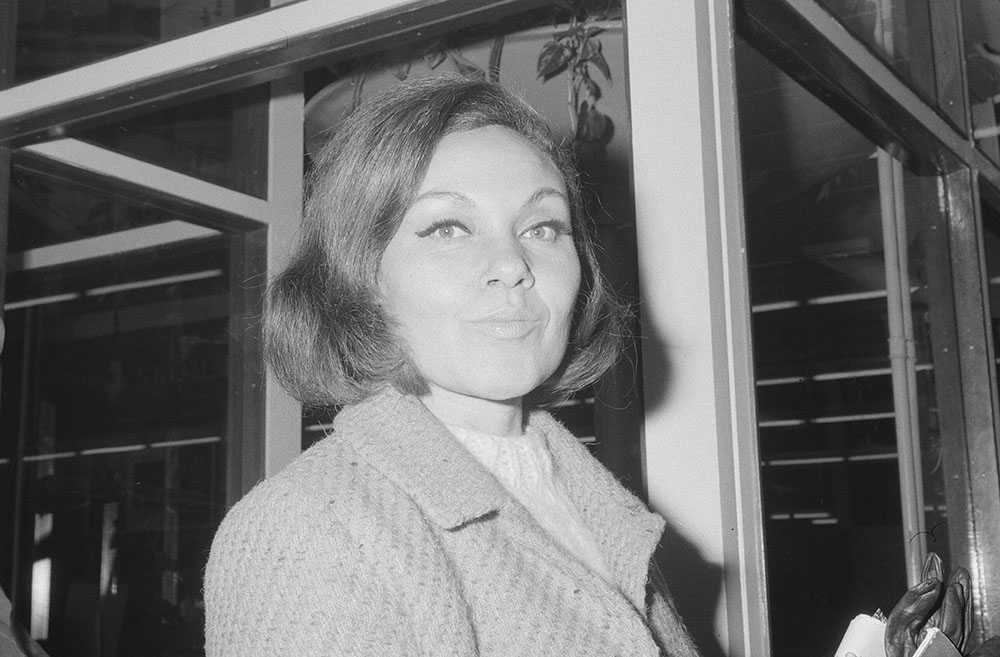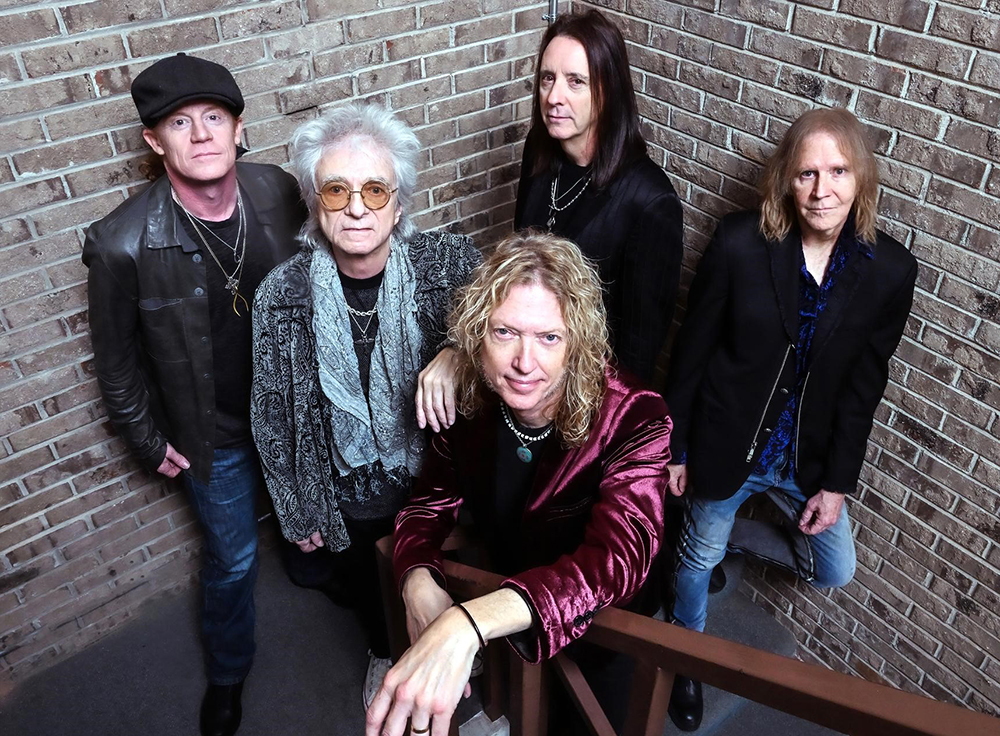
HOUSTON, TX (CelebrityAccess MediaWire) — It may not have been "Lightnin'" fast, but Sam Hopkins' honor has finally been made official.
A Sam "Lightnin'" Hopkins landmark was unveiled on Saturday in Houston, 28 years after the local blues-legend's death. Hundreds of locals attended to witness the ceremony, and celebrate a first of music monuments in the Houston area.
The marker was unveiled around 11 a.m. near the intersection of Dowling and Francis streets, on the grounds of Project Row Houses. Hopkins was once so familiar in the area that he became known as "The King of Dowling Street," and that particular corner as "Lightnin's Corner," according to the Houston Press.
Before this event in his adopted hometown of Houston, there was nothing to show Hopkins’ contributions, accomplishments or record of his life. His albums are available in stores and his name is constantly brought up in the underground music scene, but there were no markers — other than his modest gravesite — anywhere in the city, according to Houston's Daily Cougar.
Local blues enthusiast Eric Davis filed the paperwork for the marker a little more than a year ago, hoping that with the help of fellow music lovers, he might be able to bring about a cultural shift in Houston, one that would swing toward the appreciation of music and other arts.
With the help of House of Blues, Live Nation, Project Row Houses and the Houston Blues Society, he did it.
“It was just time for someone to remember what he gave, not only Houston and Texas but the world,” Davis said according to The Daily Cougar.
In the 1960s, Hopkins traveled through Europe and even played at Carnegie Hall. But no matter how influential and renowned he became, Lightnin’ always considered Houston his home.
“I think it’s a shame that we have let such important contributions to the cultural fabric of Houston, Texas and beyond go to the wayside,” Davis said.
But as of Saturday, the idea of honoring a musician with a monument in the city of Houston is no longer a distant vision. Hopefully this marker will be the first of many.
Hopkins, who died of esophagus cancer in 1982, was buried in Forest Park Cemetery here in Houston. More than 4,000 family members, friends, fans and other musicians attended.
— Crystal Lynn Huntoon



















